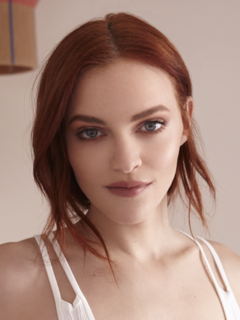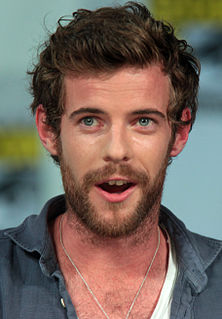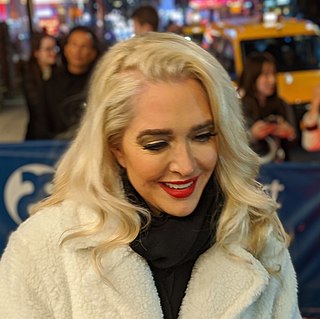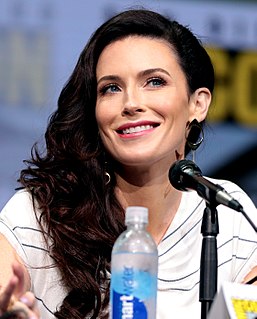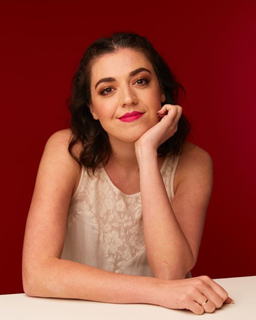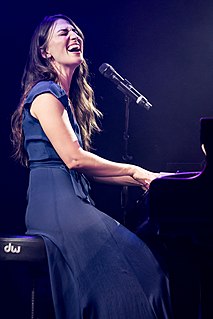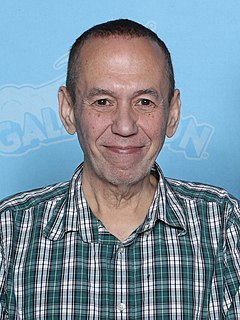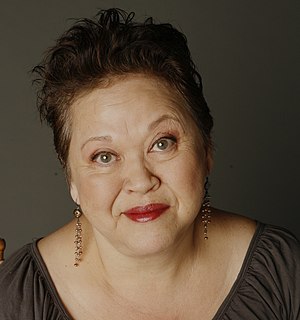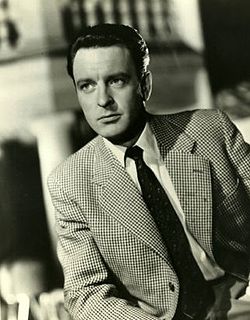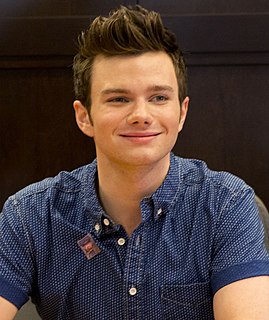A Quote by Mark Ruffalo
As an actor, you can do everything. I grew up in the theater, and you could do a musical, a comedy, a tragedy.
Related Quotes
I'm somebody who grew up listening to a lot of musical theater, so getting to finally write musical theater songs and songs that sound that way - the emphasis being on the storytelling, but the arrangements and the orchestrations can be really varied - I found that to be, actually, a really joyful discovery.
I have always felt comedy and tragedy are roommates. If you look up comedy and tragedy, you will find a very old picture of two masks. One mask is tragedy. It looks like its crying. The other mask is comedy. It looks like its laughing. Nowadays, we would say, How tasteless and insensitive. A comedy mask is laughing at a tragedy mask.
I have always felt comedy and tragedy are roommates. If you look up comedy and tragedy, you will find a very old picture of two masks. One mask is tragedy. It looks like it's crying. The other mask is comedy. It looks like it's laughing. Nowadays, we would say, 'How tasteless and insensitive. A comedy mask is laughing at a tragedy mask.'
I grew up in a theater family. My father was a regional theater classical repertory producer. He created Shakespeare festivals. He produced all of Shakespeare's plays, mostly in Shakespeare festivals in Ohio. One of them, the Great Lakes Theater Festival in Cleveland, is still going. So I grew up not wanting to be an actor, not wanting to go into the family business.

